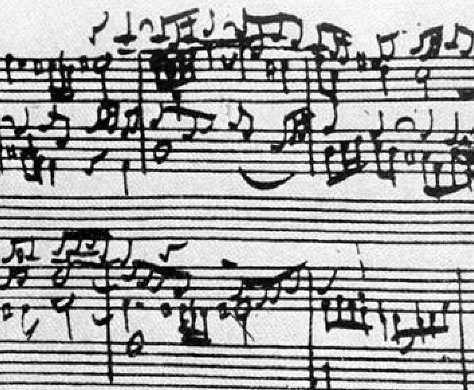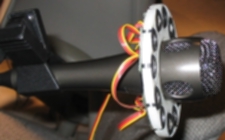At one point when I was both a Music major at Cleveland Institute of Music and a Computer Science major at Case Western Reserve University, I had two term projects due at the same time. For Music Theory I had to write a fugue. For Introduction to Prolog Programming I had to write some system that explored the possibilities of logic and artificial intelligence within the Prolog environment. I wish I could say that it was genius of me to decide that my Prolog Programming term project could perhaps write my Music Theory term project. Really it was just laziness. In any case, here is my term project for the Prolog Programming course, Contrapuntal Composer.


Contrapuntal Composer writes music for three simultaneous voices. Depending on initial parameters, it can write a fugue, a rondo, or any other contrapuntal form. As input, Contrapuntal Composer accepts a key, the number of measures the composition should be, the sections, their lengths, names, rhythmic complexities, a list of harmonies, and a list of keys. It outputs a list of notes for each voice. Contrapuntal Composer obeys the rules of good voice leading within each voice and between the voices.
I suppose there might have been ethical questions if Contrapuntal Composer did indeed write my fugue for Music Theory. As it turned out, I didn’t quite finish Contrapuntal Composer in time, so I ended up writing a nasty fugue, nothing like anything Bach would have written even at his darkest, saddest moment.
Contrapuntal Composer’s compositions are hardly better, actually probably worse. And as the heuristics are weak, it takes Contrapuntal Composer days to write just a few measures. But what’s time to a computer?





